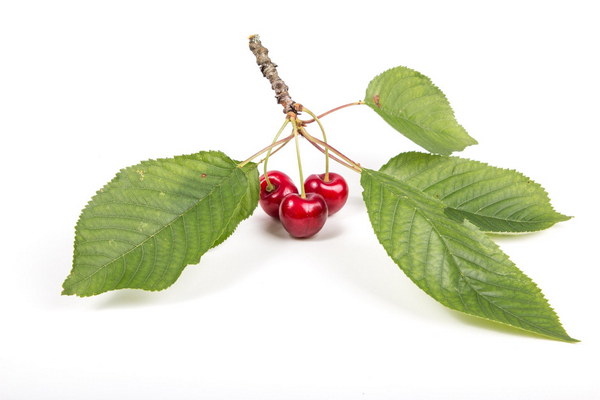Nurturing Liver and Kidney Health A Holistic Approach to Wellness
In the pursuit of overall health and vitality, it is essential to recognize the critical roles that the liver and kidneys play in our bodies. These two vital organs are responsible for filtering waste, detoxifying the bloodstream, and maintaining the balance of fluids and electrolytes. Here, we delve into the significance of liver and kidney health and offer a comprehensive guide to nurturing these organs for a healthier life.
Understanding Liver and Kidney Health
The liver, often referred to as the body's biochemical factory, is a multitasking organ that processes nutrients, synthesizes proteins, and produces bile to aid in digestion. It also detoxifies harmful substances and regulates blood sugar levels. Conversely, the kidneys filter blood, removing waste and excess fluid, which is then excreted as urine. Both organs are indispensable for maintaining homeostasis within the body.
Common Threats to Liver and Kidney Health
Modern lifestyles often expose us to a variety of threats to our liver and kidney health. Poor diet, excessive alcohol consumption, smoking, and environmental toxins can all take a toll on these organs. Chronic conditions such as diabetes, hypertension, and autoimmune diseases can also compromise their function.
Nurturing Your Liver: A Step-by-Step Guide
1. Balanced Diet: A diet rich in fruits, vegetables, whole grains, lean proteins, and healthy fats can support liver health. Foods high in antioxidants, such as berries, leafy greens, and nuts, can help protect the liver from oxidative stress.
2. Hydration: Drinking plenty of water is crucial for kidney function. It helps to flush out waste products and maintain the balance of electrolytes.

3. Limit Alcohol and Avoid Smoking: Excessive alcohol consumption can lead to liver disease, while smoking can increase the risk of kidney problems and worsen existing conditions.
4. Regular Exercise: Physical activity can improve overall health and help regulate blood pressure, which is beneficial for both the liver and kidneys.
5. Avoid Over-the-Counter Medications: Some medications, especially when taken in high doses or over a prolonged period, can be harmful to the liver and kidneys. Always consult a healthcare provider before starting a new medication.
6. Mindfulness and Stress Management: Chronic stress can negatively impact liver function. Techniques such as meditation, yoga, and deep breathing exercises can help manage stress levels.
Nurturing Your Kidneys: A Step-by-Step Guide
1. Monitor Blood Pressure: High blood pressure can damage the kidneys over time. Regular monitoring and management of blood pressure are essential.
2. Maintain a Healthy Weight: Excess weight can lead to conditions like diabetes and hypertension, which can harm the kidneys. A healthy weight can help reduce the risk of kidney disease.
3. Control Blood Sugar Levels: Diabetes is a leading cause of kidney disease. Managing blood sugar levels through diet, exercise, and medication (if necessary) is crucial.
4. Eat a Kidney-Friendly Diet: A diet that is low in salt, protein, and phosphorus can help reduce the workload on the kidneys. Consult a healthcare provider or a registered dietitian for specific dietary recommendations.
5. Limit Certain Foods and Drinks: High-protein diets and excessive caffeine intake can strain the kidneys. Moderation is key.
6. Regular Check-Ups: Regular health screenings, including blood and urine tests, can detect early signs of kidney damage.
Conclusion
In conclusion, nurturing liver and kidney health is a holistic endeavor that requires attention to diet, lifestyle, and overall well-being. By taking proactive steps to protect these vital organs, individuals can significantly reduce their risk of chronic diseases and enjoy a higher quality of life. Remember, the journey to liver and kidney health is a lifelong commitment, but the rewards are well worth the effort.









